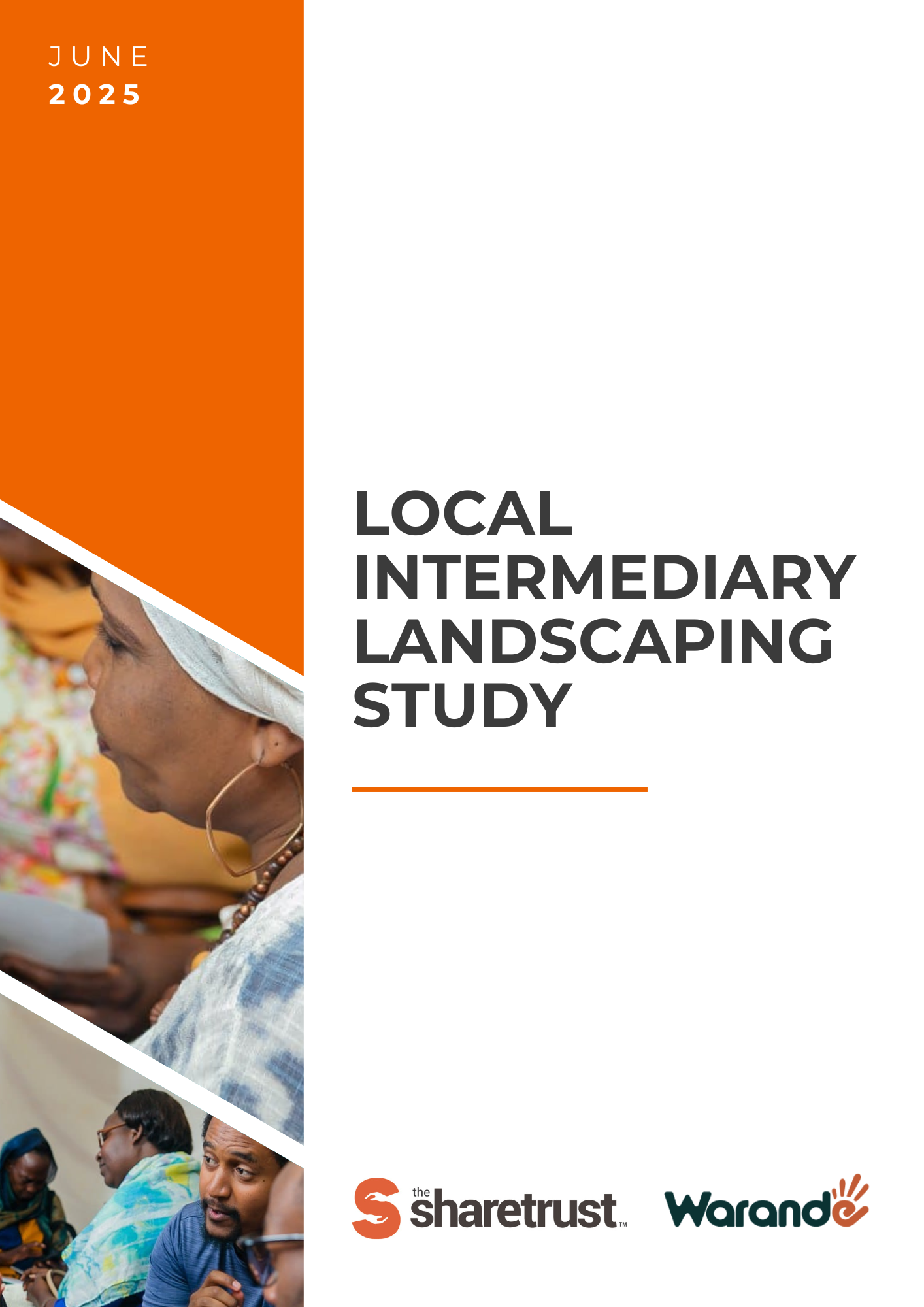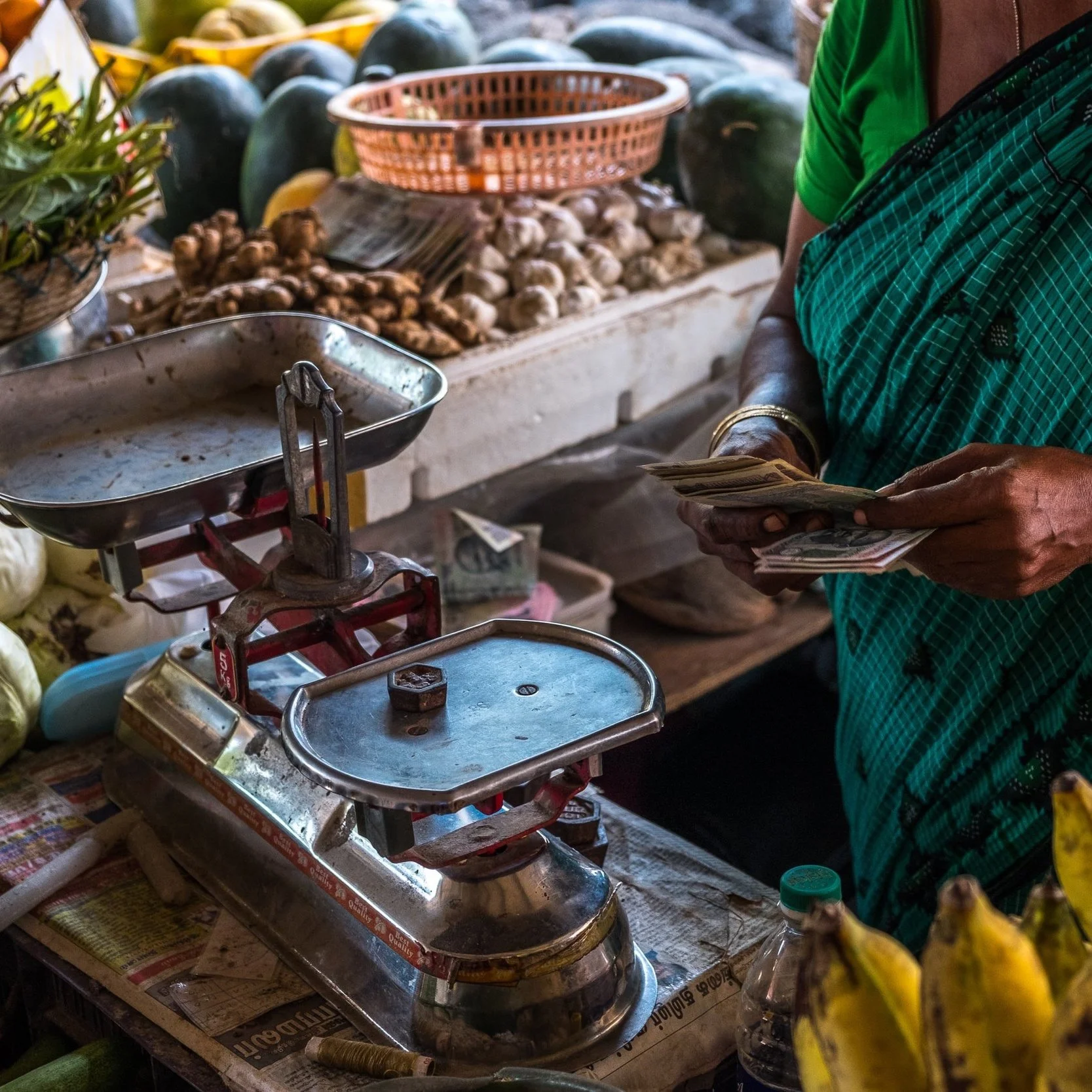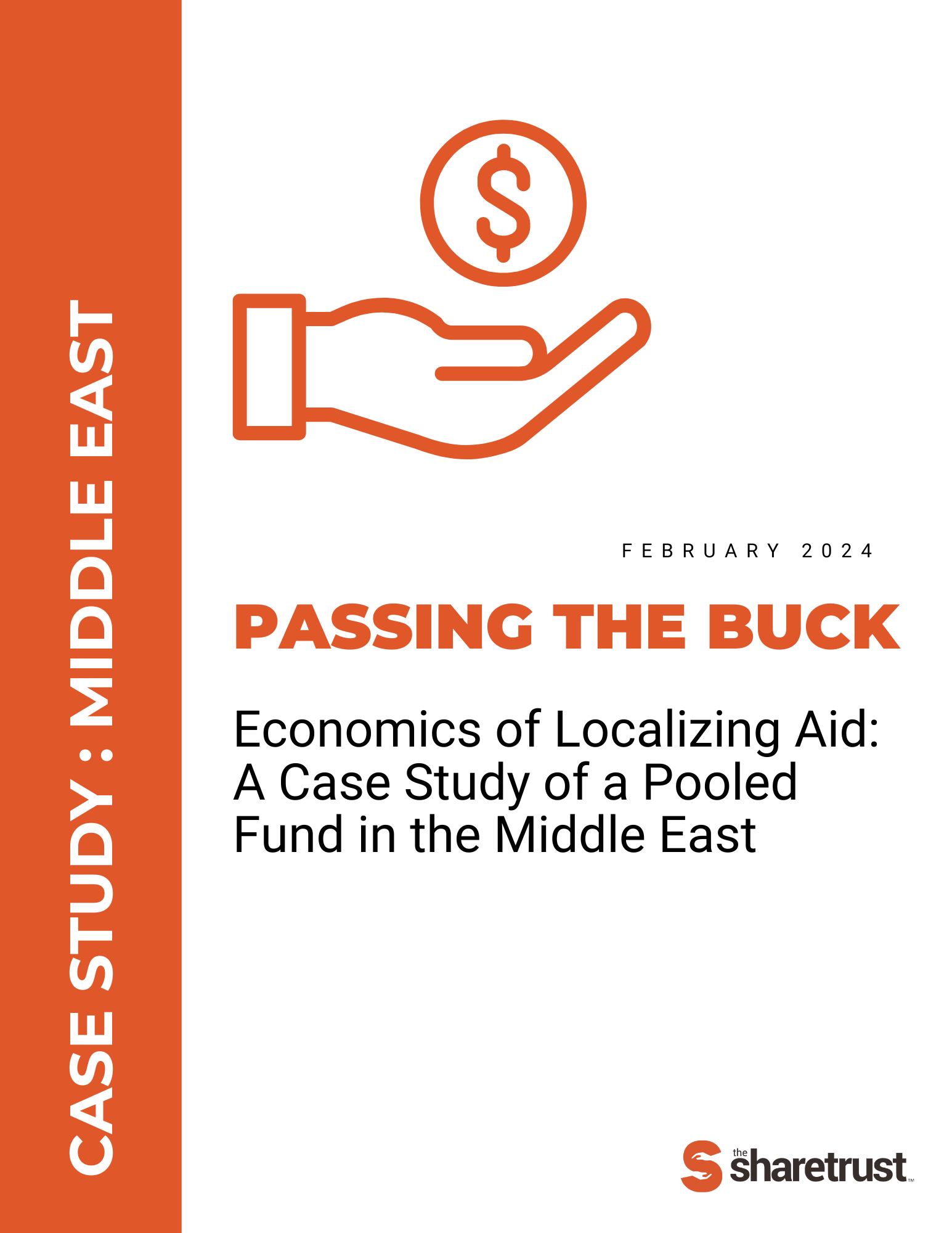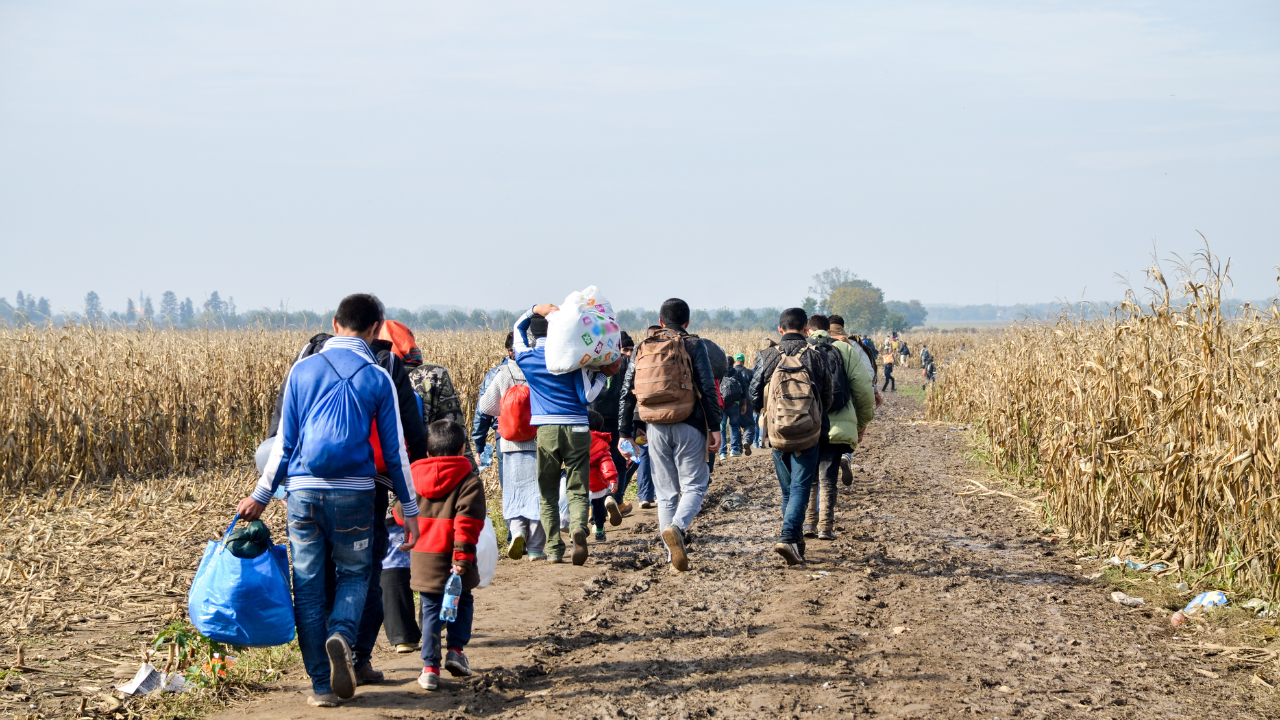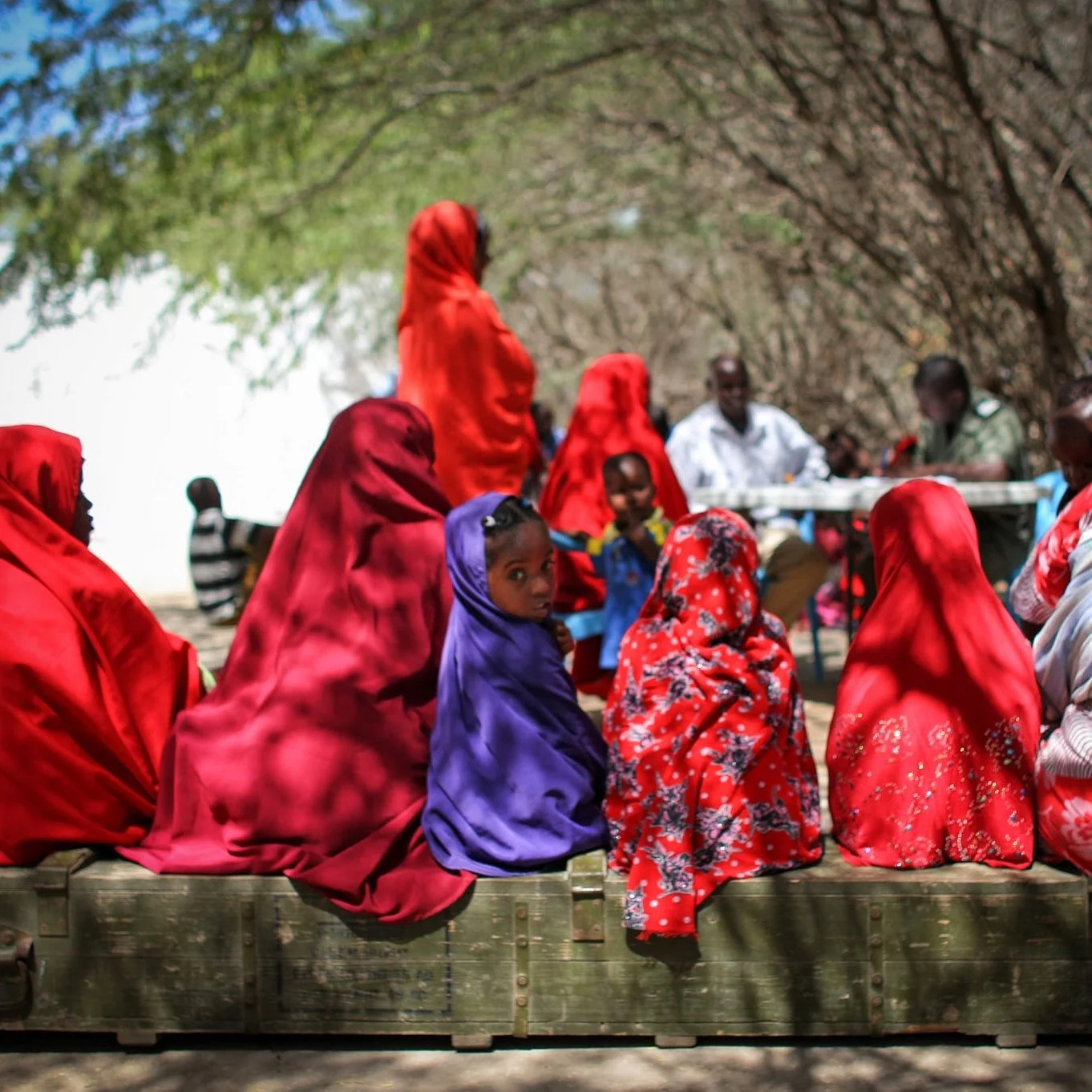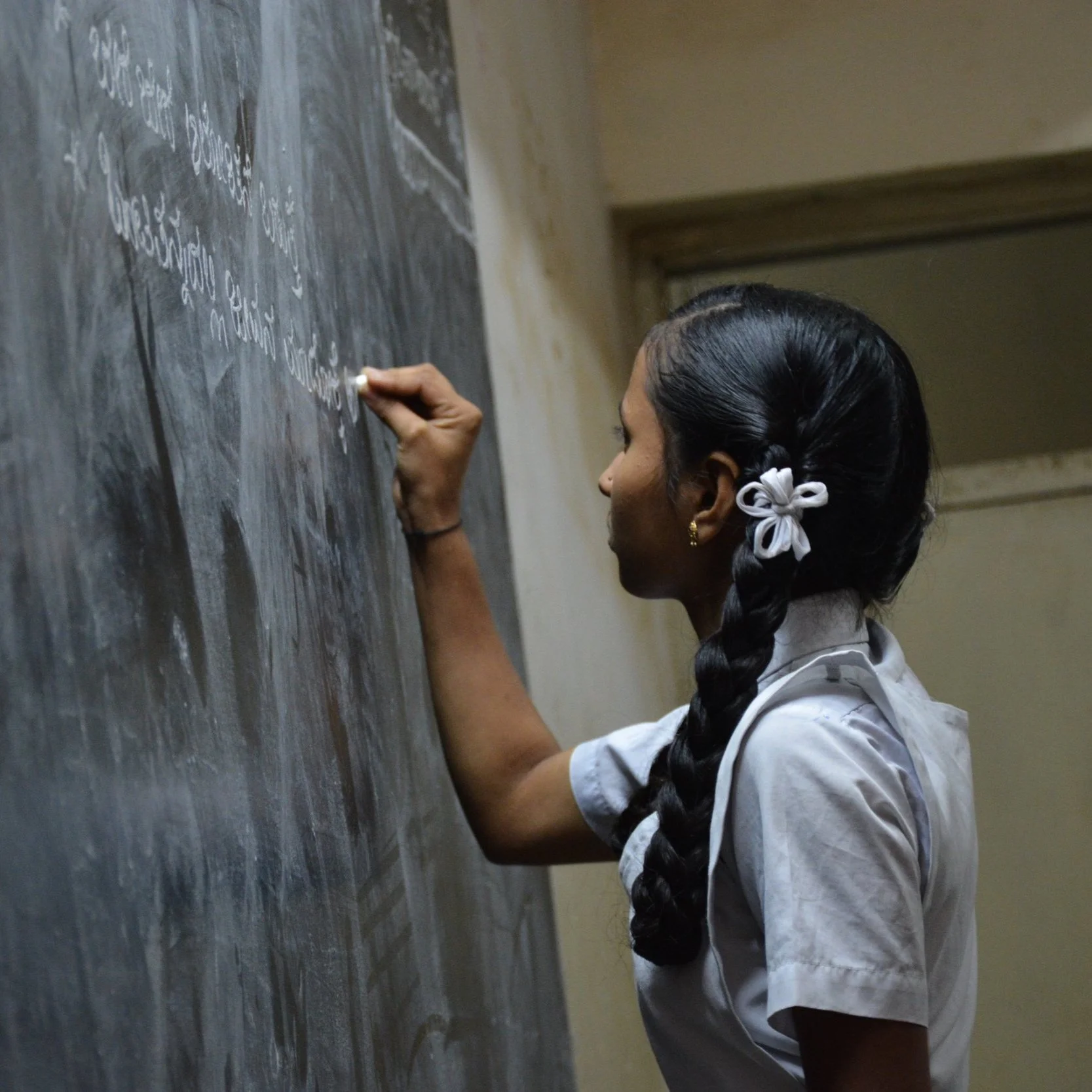Research & Learning
Rigorous evidence serves as the backbone to good policymaking.
We are working to synthesize and generate cutting-edge research to ensure that best practices are identified and then shared broadly with Self Help Groups, grassroots organizations, policymakers, and donors. We strive to create a clearinghouse for reliable research and emerging evidence on the efficacy of Self Help Groups and community driven collective action to bring about social change and broader development through programming and policy.
Want to learn more about how Self Help Groups generate such transformative outcomes? Check out our resource library dedicated exclusively to the model!
Our Research
The Role of Local Actors in Social Protection
The Share Trust conducted a study for FCDO's "Social Protection Technical Assistance, Advice and Resources (STAAR) Facility" examining the role of diverse local actors in gender-responsive and inclusive social protection systems, including in crisis contexts. Working with local researchers in six countries—Afghanistan, Kenya, Lebanon, Myanmar, Nepal, and Sudan—we identified barriers that limit local actor engagement and explored opportunities to strengthen their agency and leadership across social protection processes. Two synthesis reports and accompanying policy briefs present evidence-based recommendations for funding partners and international actors to support locally led social protection efforts.
Local Intermediary Landscaping Study
As global aid budgets tighten and demand for locally led solutions grows, the humanitarian and development sectors face a pivotal question: How do we most effectively and efficiently support local systems to deliver results?
At The Share Trust, we believe local intermediaries are a key part of the answer. These organizations—rooted in their communities, countries, or regions—play a vital role in channeling funding and support to a wider network of local actors.
To help funders better understand and engage with these crucial actors, we've launched a global, living landscaping study of local intermediaries that maps 126 organizations across 11 countries—all with Global South roots and leadership—offers a deeper dive into 28 of them, and introduces the Local Intermediary Spectrum (LIST), a practical tool for identifying and partnering with local intermediary structures based on origin, leadership, function, thematic focus, and more.
Passing the Buck: The Economics Of Localizing Aid
A cost-efficiency analysis by the Share Trust and the Warande Advisory Centre estimates the economic implications of shifting 25% of ODA - aligned with Grand Bargain and USAID commitments - from international to local intermediary structures. It calculates that local intermediaries could deliver programming that is 32% more cost efficient than international intermediaries, by stripping out inflated international overhead and salary costs. Applied to the ODA funding flows allocated to UN/INGOs in 2018 ($54bn), this would equate to US$4.3bn annually.
Local intermediaries could deliver programming that is 32% more cost efficient than international intermediaries, by stripping out inflated international overhead and salary costs.
Passing the Buck: Case Study of a Pooled Fund in the Middle East
The Share Trust completed a detailed analysis of a $60 million Alternative Pooled Fund model in the Middle East, applying the same cost-efficiency analysis model from Passing the Buck. This analysis finds that redeploying funds from an international partner to a local partner would result in cost efficiencies of 13.6% on salaries and overheads alone, realizing $545,000 in savings that can be used to deliver against unmet humanitarian needs.
Passing the Buck: the Economics of Localizing Aid in Ukraine
Amid the ongoing war in Ukraine, it is crucial to shift humanitarian leadership and resources to local responders. Currently, only 0.07% of funding in Ukraine reaches local actors. The Share Trust conducted a detailed analysis on the cost efficiency of funding local intermediaries, revealing that local intermediaries deliver programs 15.5% more cost-efficiently than international counterparts, based on actual project data representing 30% of total funding through the CBPF. This analysis is based on a representative sample of budgets from the UNOCHA Country Based Pooled Fund (CBPF) for 2023, covering funding across UN, INGOs, and LNGOs. Over the past year and a half, the Ukraine Humanitarian Fund (UHF)—the world's largest pooled fund at $181.2 million in 2023—has made notable progress in reallocating resources and leadership to Ukrainian responders.
Shifting Power and Funding to Local Actors: Localising Humanitarian Pooled Funding in Syria
The Share Trust and The Aid Fund for Northern Syria (AFNS) developed a localisation strategy for delivering more aid locally in order to meet priority needs in the north of Syria. AFNS is a pooled fund that to date has channeled around $80M directly to local organizations. This strategy draws upon consultations in August 2023 with key stakeholders, including affected communities, local actors, international actors, regional experts, and donors. As a result of this joint work, AFNS will provide a full pass through of overheads to smaller, grassroots organizations, even when working in partnership with larger INGOs. These organizations will now be able to receive vital operational support directly from the AFNS, ensuring assistance reaches those most in need.
Understanding the link between resilience, psychosocial factors and Self Help Groups
Mercy Corps and the Share Trust researched the linkages between psychosocial factors and resilience, particularly focusing on the role played by women’s groups. Psychosocial factors such as social capital, empowerment, aspiration and self-efficacy are increasingly linked to resilience, and SHGs are a key mechanism for building such capacities. We examined the process of change linking participation in women’s collectives with social empowerment and resilience, and the specific conditions that augment these pathways.
Funding for women and girls in humanitarian crises
A 2020 report by UN Women, UNFPA and the Share Trust found that global funding for women and girls in humanitarian crises is falling significantly short of requirements. The amount of funding categorized as going to women and girls is significantly overstated. The amount of funding requested for programming for women and girls falls significantly short of the overall request, and these programs are disproportionately underfunded compared to the overall response. This lifesaving programming is not receiving adequate support though evidence indicates that the benefits of gender-focused action are sizable, delivering average returns of $8 for every $1 spent.
Building resilience to conflict and drought in Somalia
The Share Trust, Concern Worldwide and Code Innovation worked together to understand how the Self Help Group network in Somalia is supporting individuals and communities to cope with shocks and stresses due to drought and conflict. Funded by the UK Department for International Development, we explored the existing evidence base, convened existing SHG practitioners to learn how they could best be supported to build a thriving ecosystem of SHGs, and investigated the role that SHGs play in people’s ability to cope with crisis.
Self Help Group : Evidence Briefs
Empowerment through collective action for adolescent girls
This evidence brief by the Share Trust highlights how girls’ groups can serve as a promising tool to help adolescent girls thrive as they explore their needs and boundaries alongside peers and mentors.
Centering community voices through Self Help Groups
The evidence on Self Help Groups in Bangladesh, Nigeria and Uganda shows how and where local and national organizations can fit in to best support and complement the needs of community driven initiatives.
Can Self Help Groups improve healthcare delivery?
A Share Trust evidence brief outlines how Self Help Groups can bridge the gap between supply and demand for health interventions, impacting outcomes through increased rates of follow-up care.
How do social capacities improve nutrition outcomes?
The Share Trust compiled an evidence review on the role social capacities play in driving demand to stimulate positive nutrition outcomes, particularly when they are promoted through Self Help Groups.
Impact of collective action on child protection
In partnership with Hopeland, the Share Trust reviewed the evidence on the key role family/community centered approaches like SHGs can play in empowering caregivers and preventing family-child separation.



